3 Reasons Why Team India Does Well In Bilateral Series But Fails In Big Tournaments
Published - 11 Sep 2022, 03:13 PM | Updated - 23 Aug 2024, 12:13 AM
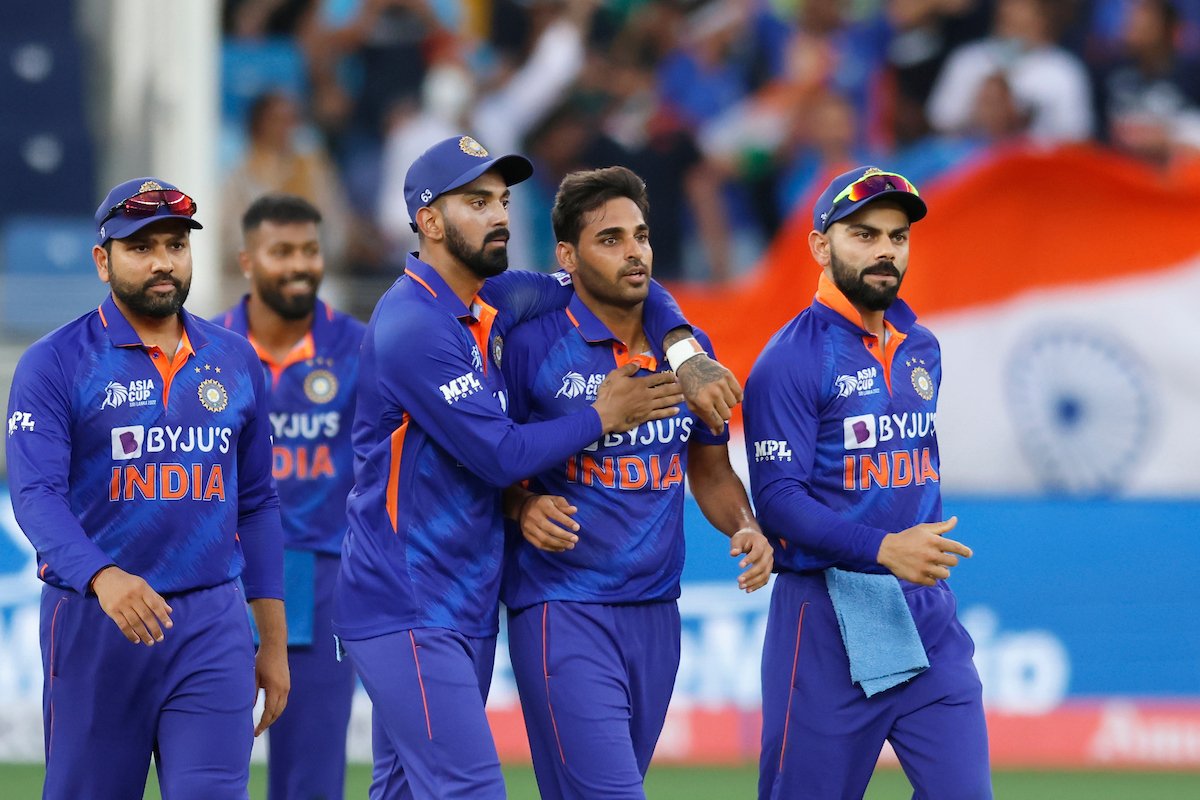
Table of Contents
India made an early exit from the Asia Cup 2022 as it failed to defend its title after winning it back to back in 2016 and 2018. MS Dhoni won the title Asia Cup title back in 2016 followed by Rohit Sharma in 2018. However, after a disappointing campaign in 2022, Team India failed to defend the title.
India won both their league games and then lost against Pakistan and Sri Lanka in the Super 4 stage to bow out of the tournament. There were many reasons for India’s early exit from the campaign and the reasons were repetitive.
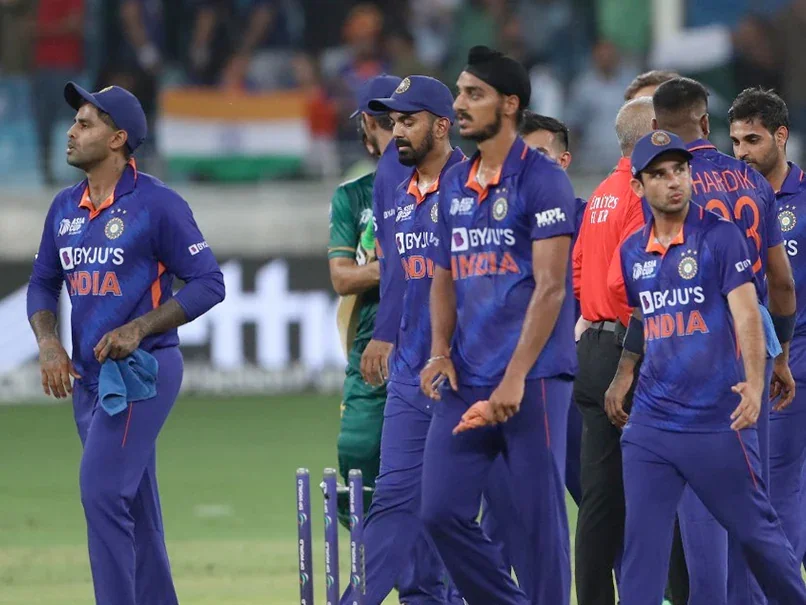
This has become a sort of a pattern with the Indian team since they won the last ICC title under MS Dhoni. India won the T20 World Cup, 50-Over World Cup and the Champions trophy title under Dhoni. India’s last ICC title was the 2013 Champions Trophy.
Since then, India have not won an ICC title and have been very poor at defending titles as well. The side has consistently reached the knockout stages of the tournament but has lost in either semi-final or final.
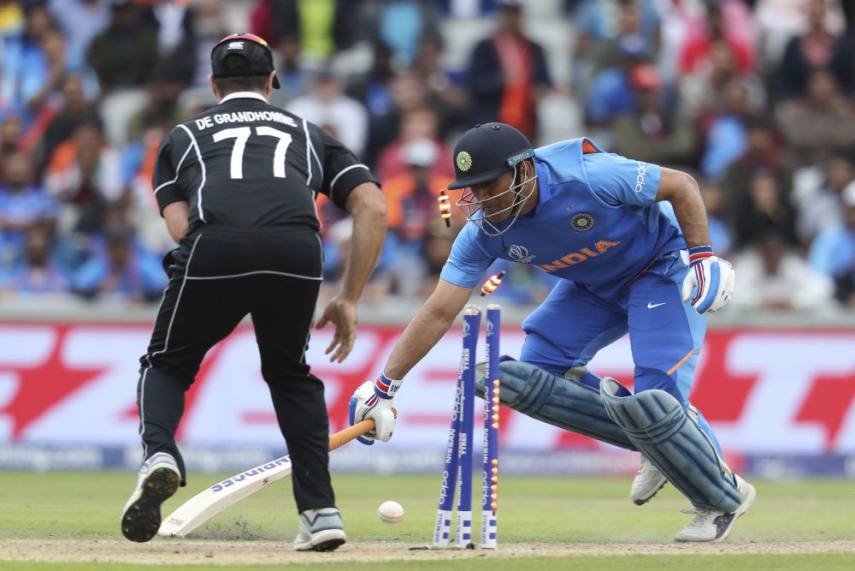
Image-AP
The T20 World Cup 2014 final against Sri Lanka , 2015 50-Over World Cup semi-final against Australia, 2017 ICC Champions Trophy Final against Pakistan and the 2019 World Cup semi-final against New Zealand are evident examples of the same. In the T20 World Cup 2021, India was knocked out after they lost to Pakistan and New Zealand.
On the other hand, they have been unbeatable in bilateral tournaments both at home and away, especially at home. They recently won their 12th bilateral ODI series against West Indies. They have not lost their last 15 bilateral Test series at home. Numbers like these are aplenty when it comes to bilaterals but in big tournaments, the team’s weakness is exposed.
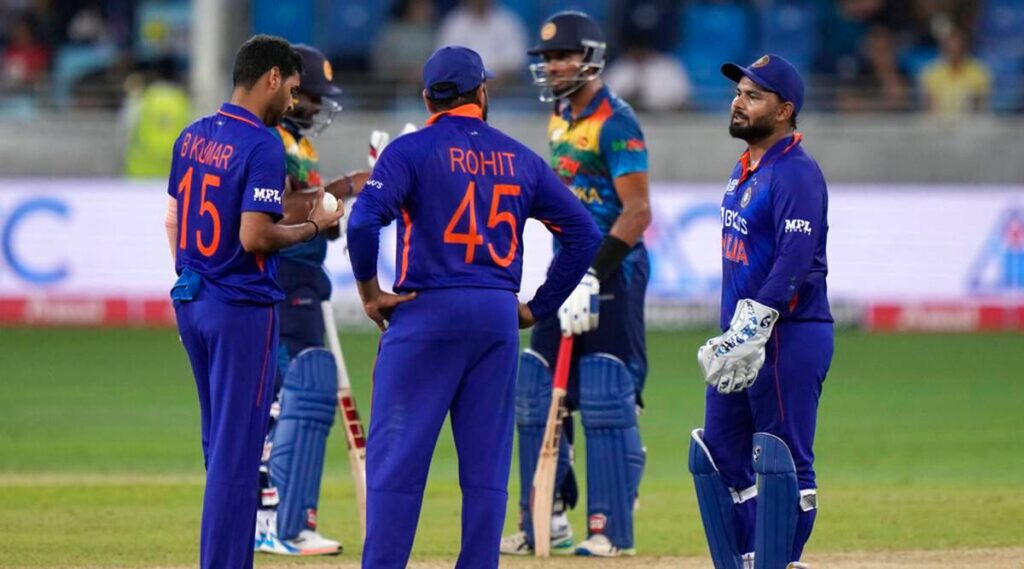
Meanwhile, Asia Cup Super 4 games against Pakistan and Sri Lanka are examples where the team has not played to their potential to win a knockout game. There are many reasons for the same and in this article, we try and decipher three key reasons as to why India have not done well in big games in the recent past.
3 Reasons Why Team India Does Well In Bilateral Series But Fails In Big Tournaments
1) Openers Not Firing In Big Games
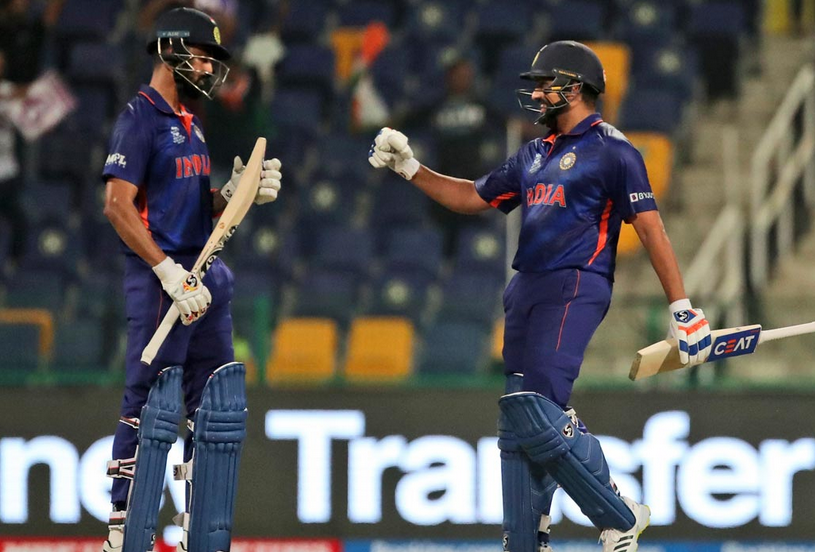
From what we have seen from the T20 World Cup 2021 and the Asia Cup 2022, India often loses league games in big matches when their openers do not give them good starts. The pattern was the same in the 2019 World Cup semi-final against the Kiwis. The same was visible when India played the T20 World Cup games against Pakistan and New Zealand.
In both the ASia Cup games against Pakistan and Sri Lanka, Rohit Sharma and KL Rahul failed to give India good start. Rahul was dismissed in the very first over against Pakistan in the league game. Against Sri Lanka in the Super 4 game, Rahul was once again dismissed early. Despite the good opening stand against Pakistan in the Super 4 encounter, it was Pakistan who aced the chase and won the game.
India play a T20I series against South Africa and Australia heading into the T20 World Cup and both Rahul and Rohit needs to get into the habit of getting good opening stands.
2) Wrong Team Selection

Mohammed Shami’s exclusion from India’s Asia Cup 2022 squad became a subject of huge debate throughout India’s Asia Cup campaign. India went in with just three regular seamers in Bhuvneshwar Kumar, Avesh Khan and Arshdeep Singh. Avesh falling ill meant that India had to play with just two pacers for the majority of the tournament.
That added a lot of pressure on Hardik Pandya, who was the third Indian seamer. After the first game against Pakistan, he was expensive in all the rest of the games. With India’s Asia Cup campaign done and dusted and a huge lesson learnt, it will be interesting to see if the selectors reconsider bringing Shami back into the team for the T20 World Cup in Australia.
3) Succumbing Under Pressure Situations
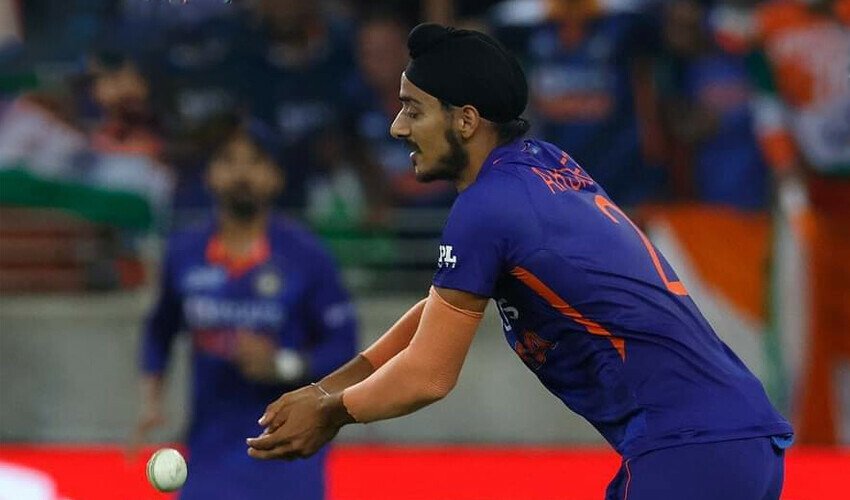
The Asia Cup games against Pakistan and Sri Lanka also gave a glimpse of the team’s body language under pressure situations. Bhuvneshwar Kumar bowled the 19th overs against Pakistan and Sri Lanka conceding 19 and 14 runs respectively. Arshdeep Singh who bowled the final overs in both the games tried his best but could not eventually defend India from losing the game.
The youngster dropping the crucial catch of Asif Ali in the Super 4 game against Pakistan is another example of India not holding their nerves when the team needed it the most.
Heading into the T20 World Cup with Bumrah and Harshal returning, India’s death bowling will get the cushion that it needs which will hopefully work in their favour.
Also Read: T20 World Cup 2022: Jasprit Bumrah, Harshal Patel Set To Return For T20 World Cup
Tagged:
India National Cricket Team







